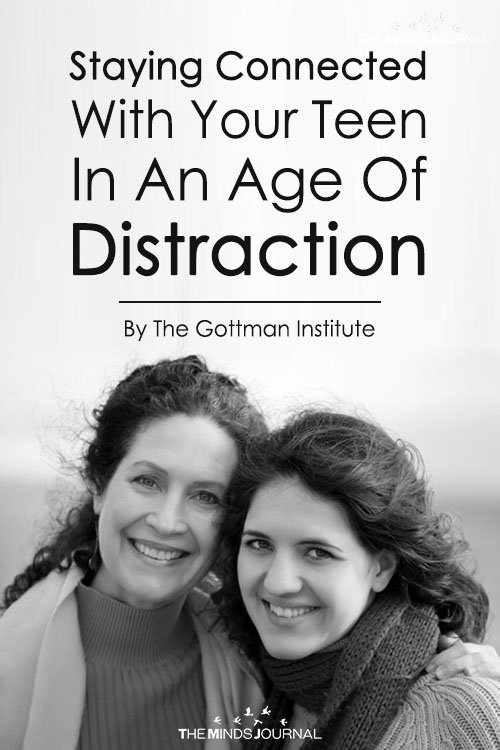Julia and Tim are sitting in my office, discussing their 14 year old son. Jared, a once spunky and engaging middle schooler, has morphed into a sullen and argumentative teen. “It’s like it happened overnight,” Julia explains.
Once a kid who loved to hang out with the family, Jared spends hours alone in his room. His phone is never far from sight. “Even when he’s in the room with us, he’s not really there,” adds Tim.
Like many parents, Julia and Tim feel they are at the mercy of their teenager’s moods and struggle to maintain a positive connection with their son who seems hell bent on shutting them out. It turns out that their experience is common. In a 1996 study of 220 tweens and teens between 5th and 12th grade, the proportion of waking hours that those kids spent with their families dropped from 35% to 14%.
While it’s always been challenging for families to navigate the choppy waters of adolescence, today’s parents face an additional challenge of raising teens who have grown up as digital natives.
Social Media by the Numbers
In a 2011 study by the Pew Research Center’s Internet & American Life Project, 80% of young people aged 12-17 were found to use social media. One of my clients says of her 16-year-old, Kim, “it’s like she’s bilingual. The way she talks to friends is through social media, it’s a totally different way to relate than I know how to. I don’t get it.”
Maybe if you’re reading this, you are, like me, the parent of a teen. Our generation of parents places a high value on our emotional connection with our kids, and up until adolescence, we’ve been the managers of that connection, from bedtime stories to birthday parties to creating family traditions.
Even though we know our kids need to pull away from us during the teen years in order to build their own identities, it’s hard not to take personally the smirks and snarkiness that are the hallmarks of this stage of development.
Add the inability to get a response from your teenager who’s got their earbuds in and their eyes fixed on their phone, and you can wonder where the connection has gone.
Another client, Max, is the parent of 15-year old Ayana. He quietly told me, “I’ve been fired as Dad.” We are often seen by our teens as their managers, but if we handle this time of their lives well, we can, and need to be, re-hired by them as consultants.
In some ways, as we’ll discuss throughout our Teens and Technology column, our job as parents of adolescents is the same as in generations of parents before us. We need to keep our teenagers safe while they’re evolving into adults who need independence and autonomy. But we do have some new issues to figure out on how to stay connected, and protect and parent kids who have been raised on digital devices.
The numbers explain why: The Common Sense Census (Common Sense Media, 2015), a representative survey of American tweens (8-12 year olds) and teens (13-18 year olds), documented that outside of school and homework, tweens spend almost 6 hours per day and teens spend almost 9 hours per day using media. The same survey reported at only about 1/3 of teens say their parents know “a lot” about what they do online (32%), the apps they use (29%), or what they do on social media (32%).
We need to rise to the challenge if we want to raise our sons and daughters to be independent, empathic, and responsible adults. As much as we might not want to, we need to take the time to educate ourselves about how our kids are navigating the digital world.
Read 6 Ways Parents Can Communicate With Their Teenagers Better (According To Teens)
How to Stay Connected with Your Teen
Whether your child is a YouTuber, a gamer, or involved with social media, there is no doubt that technology is an enormous presence and has a big claim to their time and attention. You can stay connected with your teen by exploring about what is important to them about this huge part of their lives rather than turning off to it. Julia and Tim were surprised that Jared saw his phone as his lifeline to friends. It was actually helping him to connect with others.
We now have access to research into effective parenting as well as important neuroscience research into the teen brain, and how the digitally wired brain is impacted. We don’t have to rely on outdated ideas or myths about parenting teenagers.
Over these next few weeks we will have a conversation that can help you understand and empathize with your son or daughter as you all ride the roller-coaster of the teenage years.
Read How To Reconnect With Your Teen With The “Three E’s”
By Sinead Smyth, LMFT
This article was originally published on The Gottman Relationship Blog.
Want to learn how to connect with your teen in the age of technology? Subscribe to the Teens and Technology column here.










Leave a Reply